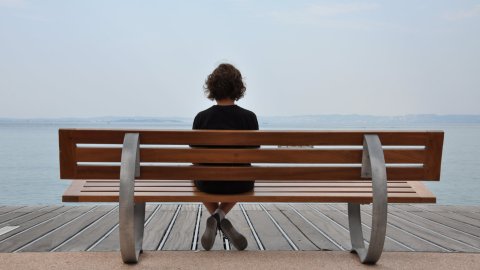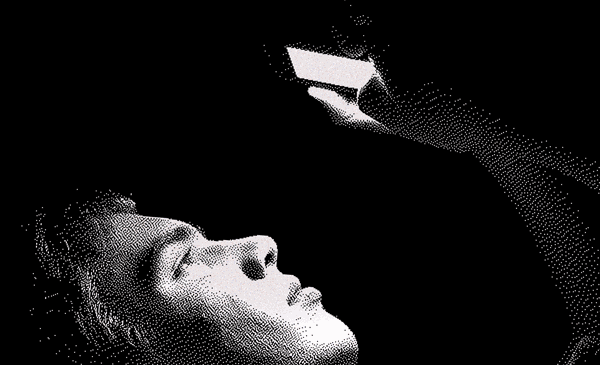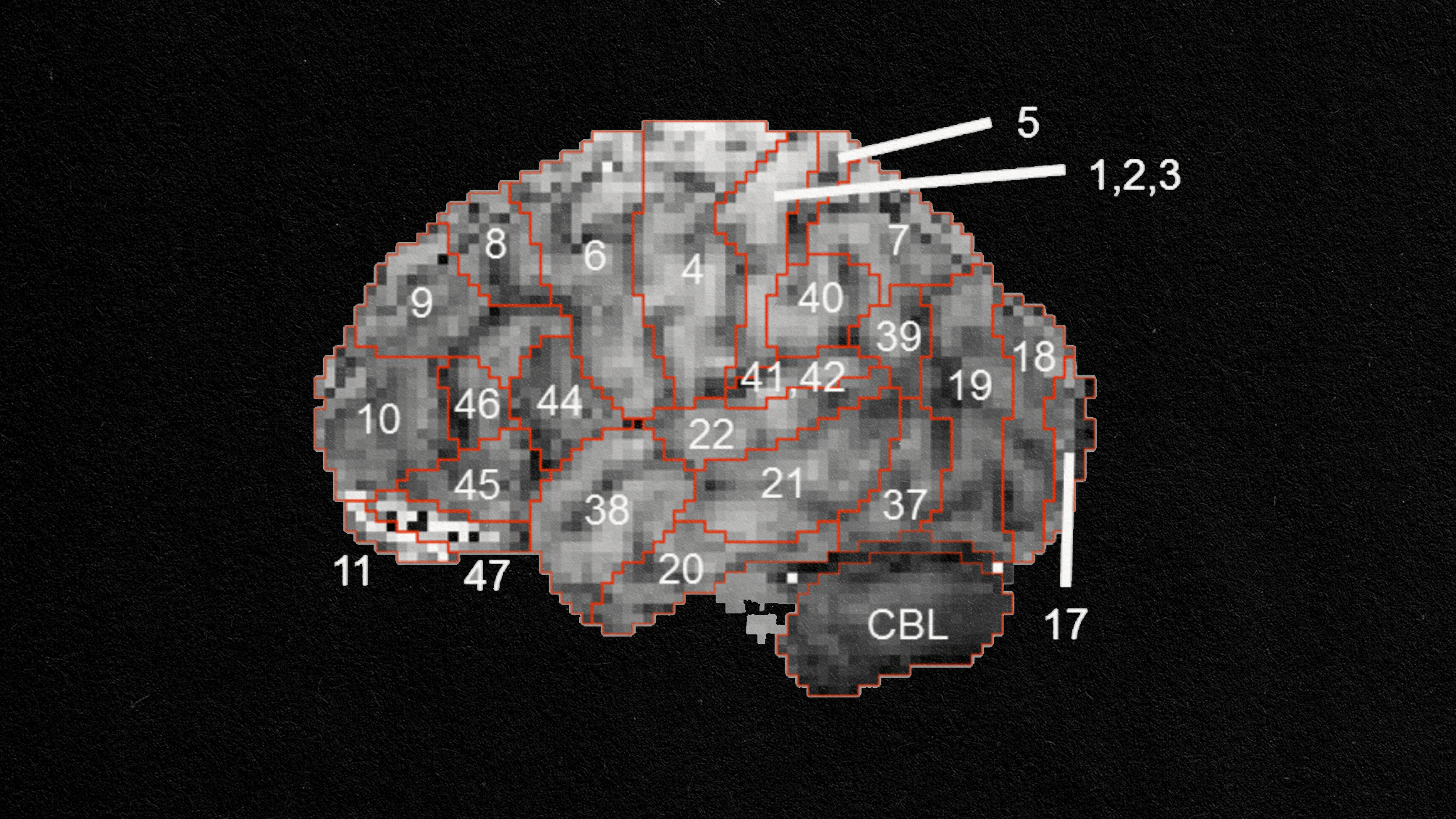Study Links Social Isolation to Heart Risks

Loneliness is known to cause depression in people, however, social isolation can also have physiological effects, namely, cardiovascular disease. Julie Beck from The Atlantic reports on a new study, published in Annals of Behavioral Medicine, that offers further proof to how heavily isolation can weigh on the heart.
Researchers led by Jean-Philippe Gouin, a Psychology Professor at Concordia, recruited 60 students that had just moved to Montreal, Canada to attend school. They made sure the students had no connections prior to the study—no family, friends, or relationships. The participants had their heart-rates measured during their first visit, and again at two and five months after. Researchers also inquired about their social habits: how many people they spoke to during the week and how lonely they felt.
Over time researchers noted that the participants’ heart-rate variability (the time between heart-beats) decreased. This piece of information is of particular interest to researchers, because it could be the connection between poor heart health and social isolation. Gouin explained in a press release:
“Other research has shown that individuals with a lower heart rate variability are at increased risk for the development of poor health, including greater risk for cardiac diseases. Therefore, decreases in heart rate variability are bad for you.”
Indeed, the researchers found that those students who were able to form social connections found their heart-rate variability increase. Whereas those who remained in social isolation had a lower heart-rate variability. However, being that these students moved there’s the possibility that a contributing factor of this experiment is stress, which has also been linked to heart disease. But social interaction would have certainly helped to mitigate that stress.
“The message is clear: Reach out to other people. The more quickly you manage to integrate socially in your new home, the healthier you’ll be. It’s easier said than done, but it’s worth it.”
Read more at The Atlantic
Photo Credit: Shutterstock





